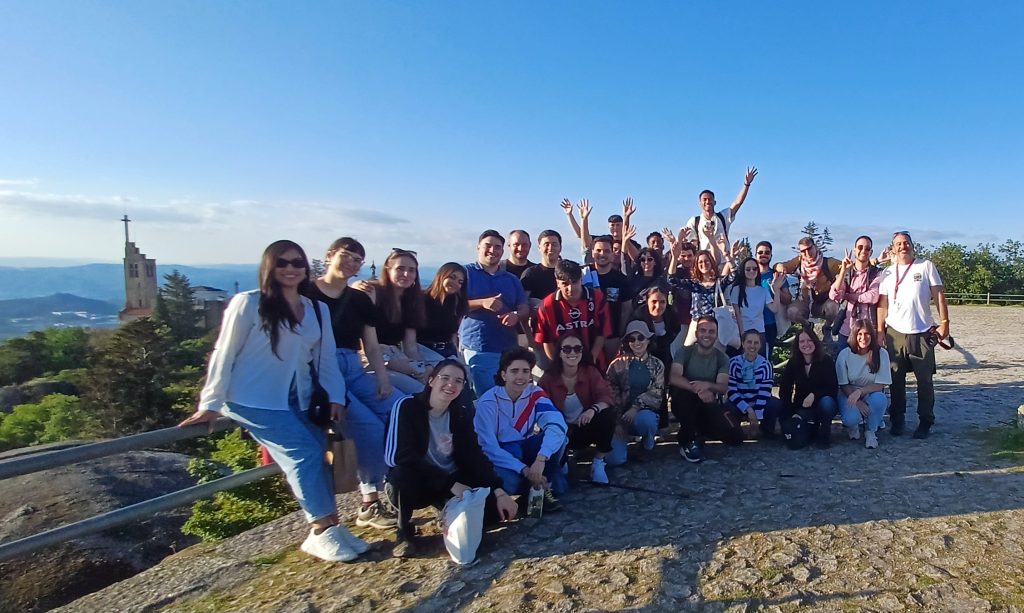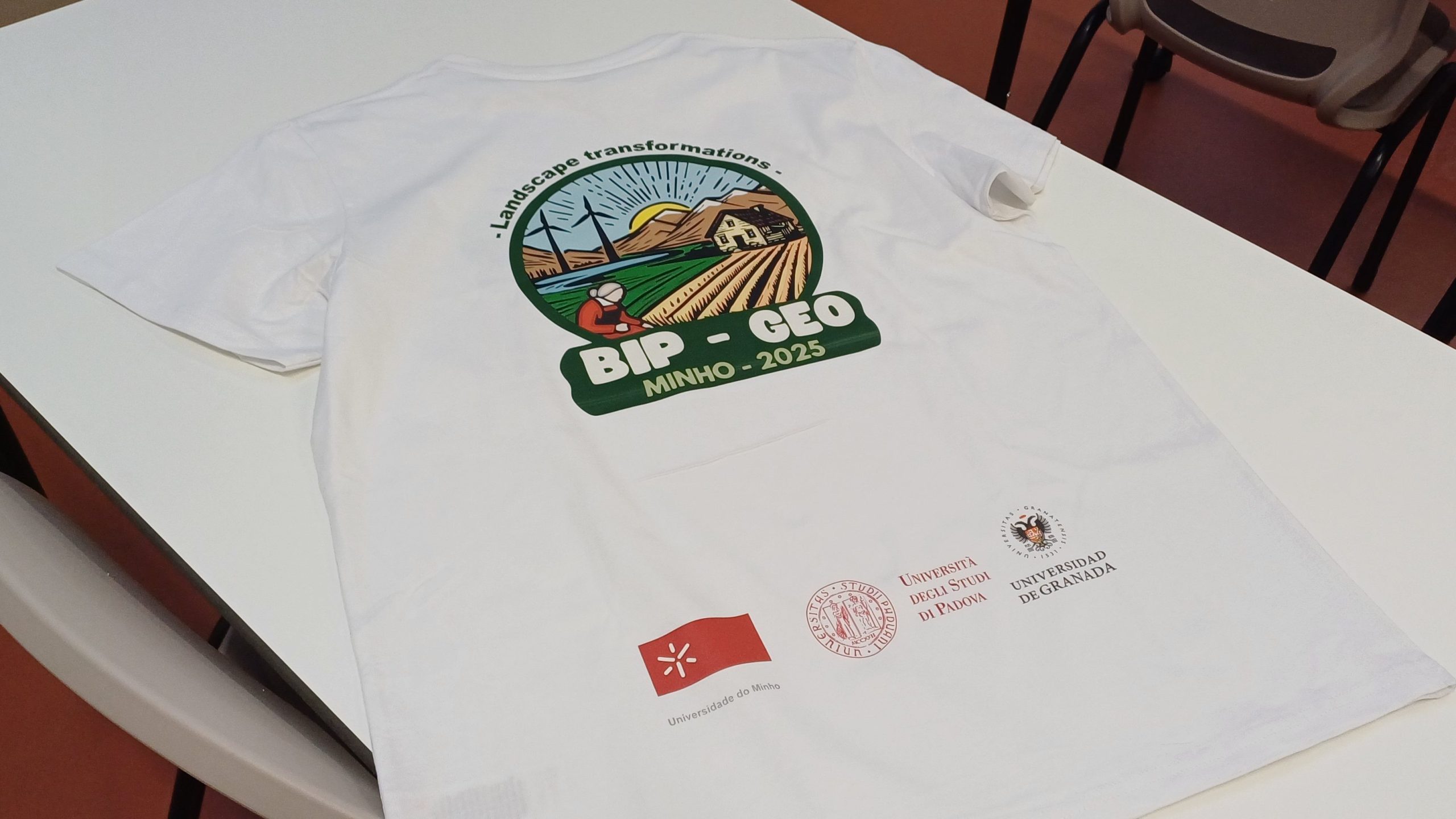UMinho welcomes Arqus students for BIP “Landscape transformations, abandonment and resilience in peripheral rural areas in Southern Europe”
|
09 May 2025|
09 May 2025The in-person phase of this Blending Intensive Programme (BIP), promoted by the universities of Granada, Minho and Padua, took place from 5 to 9 May in Guimarães, Portugal.
This interdisciplinary training programme, entitled “Landscape transformations, abandonment and resilience in peripheral rural areas in Southern Europe” (BIPGEO 25), provides an international perspective to students and facilitates collaboration and exchange of experiences between future geography and landscape science professionals in Southern Europe.
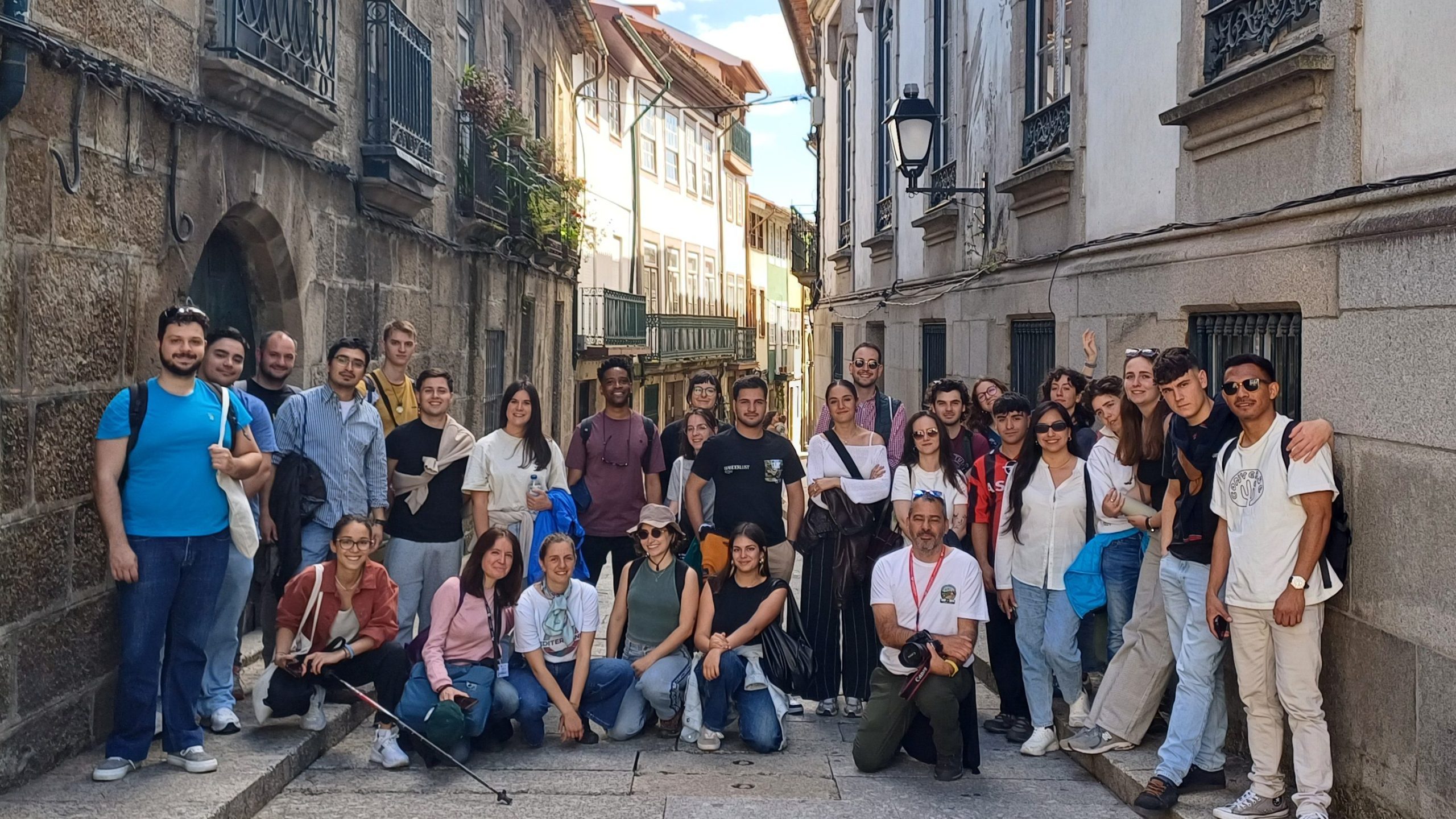
BIPGEO 25 involves the participation of 27 students, accompanied by 5 professors from Granada and Padua, 3 professors from the University of Minho, as well as guest speakers.
In the BIP first virtual phase, selected students have followed different training modules, debated international topics and prepared a group project that introduces them to research.
This second face-to-face phase, consisting of field practices, two presentations and discussion sessions of the experiences carried out by students in the virtual phase, and a conference session given by experts on the topics covered:
5 May:
6 May:
7 May:
8 May:
9 May:
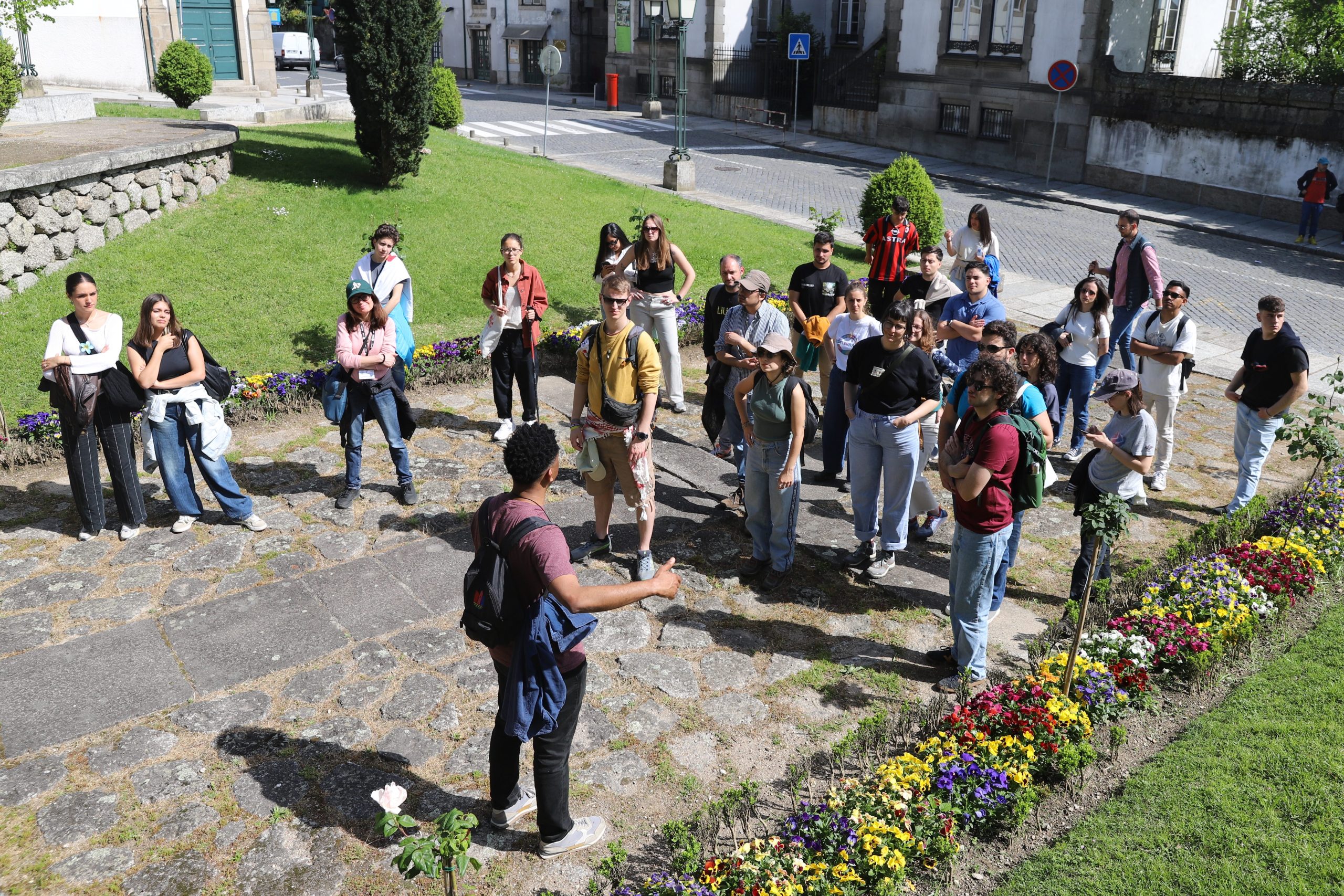
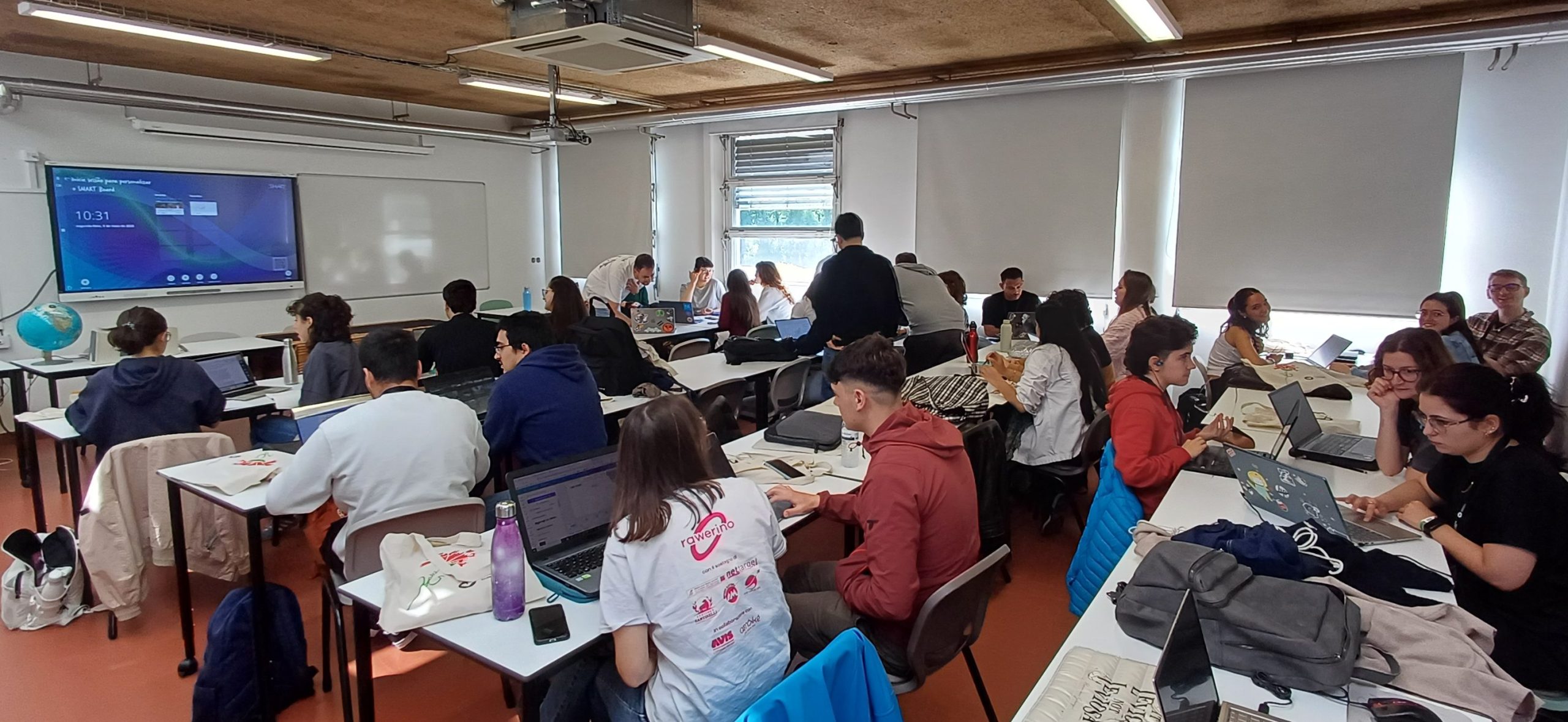
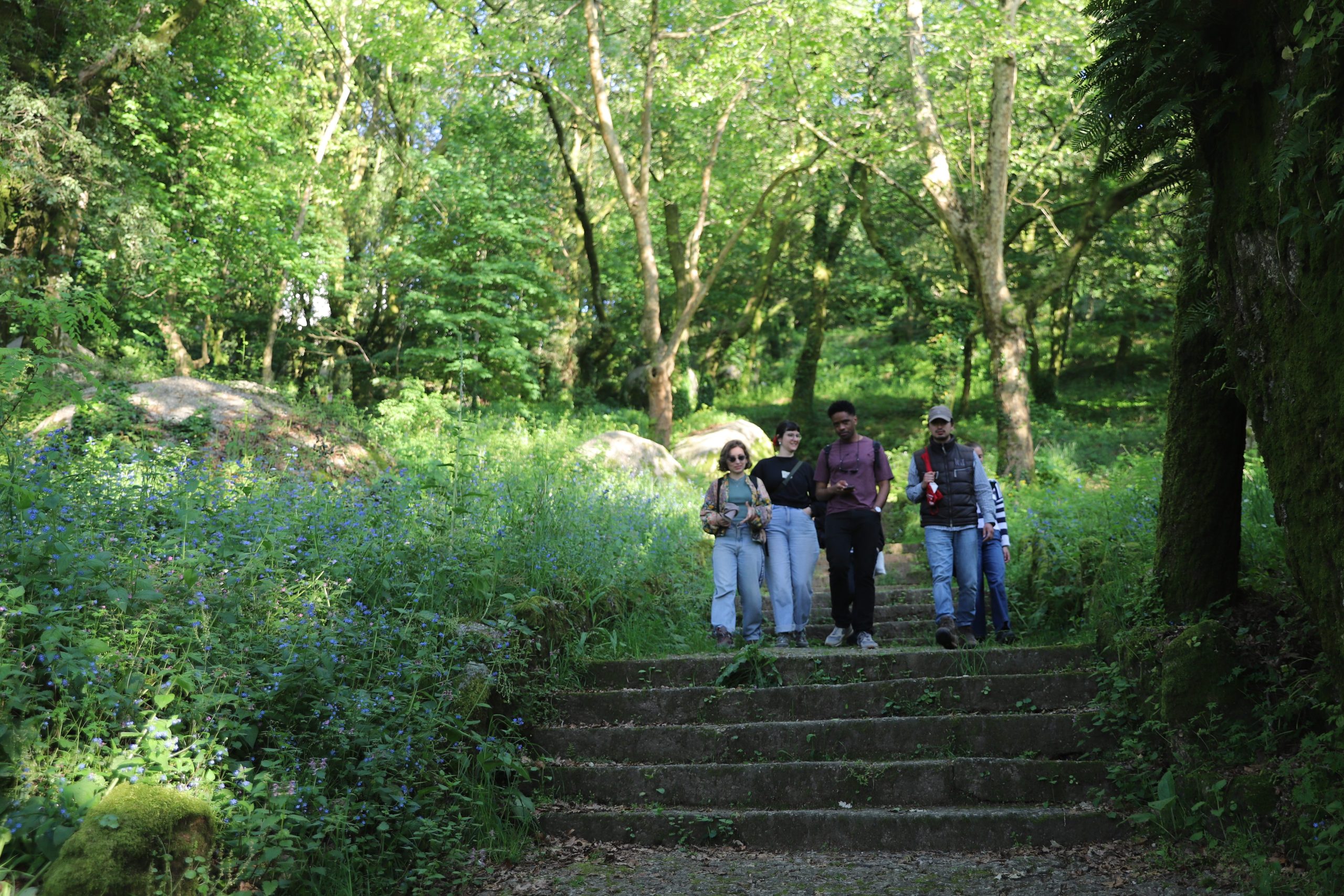
BIPGEO25 “Landscape transformations, abandonment and resilience in peripheral rural areas in Southern Europe” provides theoretical-practical collaborative learning activities that aim to introduce students to the fields of description, interpretation and analysis of changing landscapes, taking into account processes of abandonment, depopulation, resilience and transition to sustainability in peripheral rural spaces. The main working language is English, with Portuguese, Spanish and Italian also accepted.
Coordinated by the University of Minho, this project continues the BIP “Extensive livestock systems and landscape: challenges and opportunities for the sustainable development of rural areas in Southern Europe” that in 2024 involved 30 students from the same 3 Arqus institutions.
